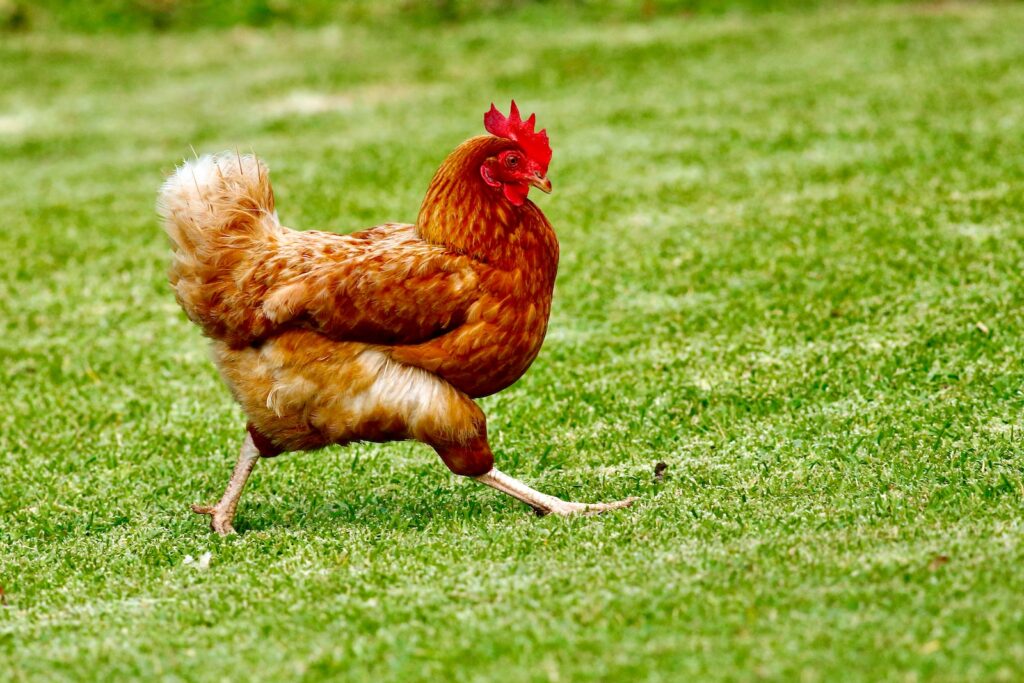Can Chickens Eat Mushrooms?
When it comes to the dietary habits of our feathered friends, chickens, there are certain foods that should be avoided, and mushrooms are one of them. Although mushrooms might seem harmless and even nutritious for us humans, they can pose significant risks to chickens’ health. Let’s explore why mushrooms are not recommended for chickens and understand the potential dangers they can cause.
The Dangers of Mushrooms for Chickens
Mushrooms can be toxic to chickens and should be avoided in their diet. One of the primary concerns is that many wild mushrooms are poisonous, and it can be challenging to identify them accurately. Consumption of toxic mushrooms can lead to serious health issues such as liver failure or even death in chickens. Even certain types of cultivated mushrooms, which are safe for humans, can cause digestive problems and discomfort in chickens.
Potential Symptoms and Reactions
If a chicken consumes mushrooms, it may exhibit various symptoms and reactions depending on the toxicity level. These can include diarrhea, abdominal pain, lethargy, loss of appetite, drooling, tremors, seizures, and in severe cases, organ failure. It is essential to monitor the flock closely and seek immediate veterinary assistance if any of these symptoms occur after mushroom ingestion.
Safe Food Alternatives for Chickens
While mushrooms are off-limits for chickens, there are plenty of other safer food options that you can offer them as treats. Some suitable choices include leafy green vegetables like kale and spinach, fruits such as watermelon and strawberries, grains like oats and barley, and protein sources like cooked eggs or mealworms. Always introduce new foods gradually and observe any adverse reactions.
Preventing Access to Mushrooms
Prevention is crucial to ensure that chickens cannot access mushrooms or any potentially harmful food items. Here are some tips to help you keep mushrooms away from your flock:
- Regularly inspect your chicken coop and the surrounding area for any mushroom growth.
- Remove any mushrooms immediately by using protective gloves or tools to prevent accidental ingestion by the chickens.
- Provide a well-balanced and nutritious diet specifically formulated for chickens to minimize their curiosity towards foraging.
- Supervise free-ranging chickens to prevent them from coming across mushrooms during their outdoor explorations.
- Consider providing enrichment activities and distractions to keep chickens engaged and less likely to seek out potentially harmful substances.
Conclusion
In conclusion, mushrooms should not be included in a chicken’s diet due to the potential dangers they pose. Toxicity risks, along with various adverse reactions, make it imperative to keep mushrooms away from chickens. By offering safe food alternatives, closely monitoring their health, and implementing preventative measures, we can ensure the well-being and safety of our feathered companions. Responsible pet care involves knowing what is best for our animals, and in this case, it means excluding mushrooms from the menu.




